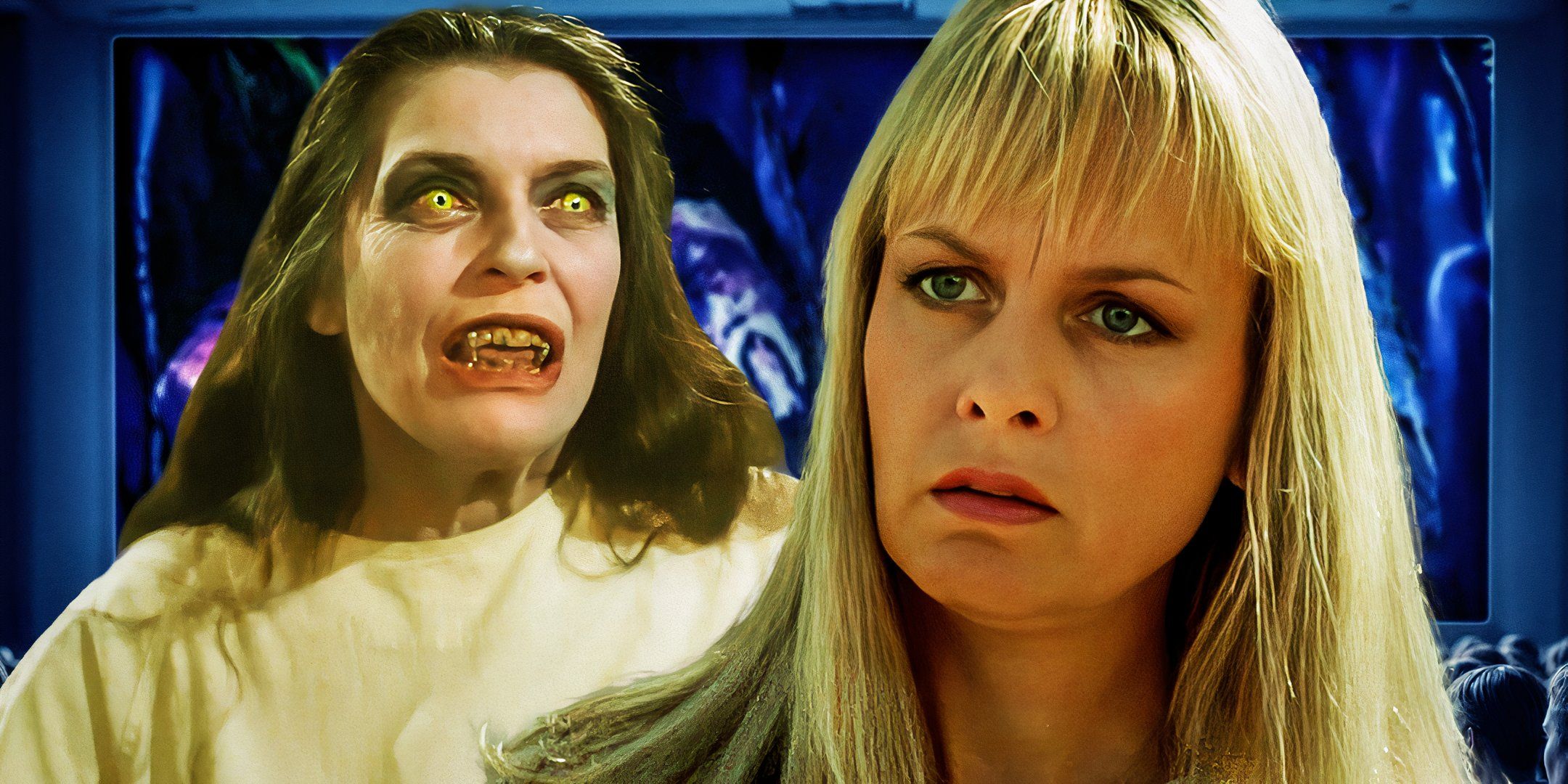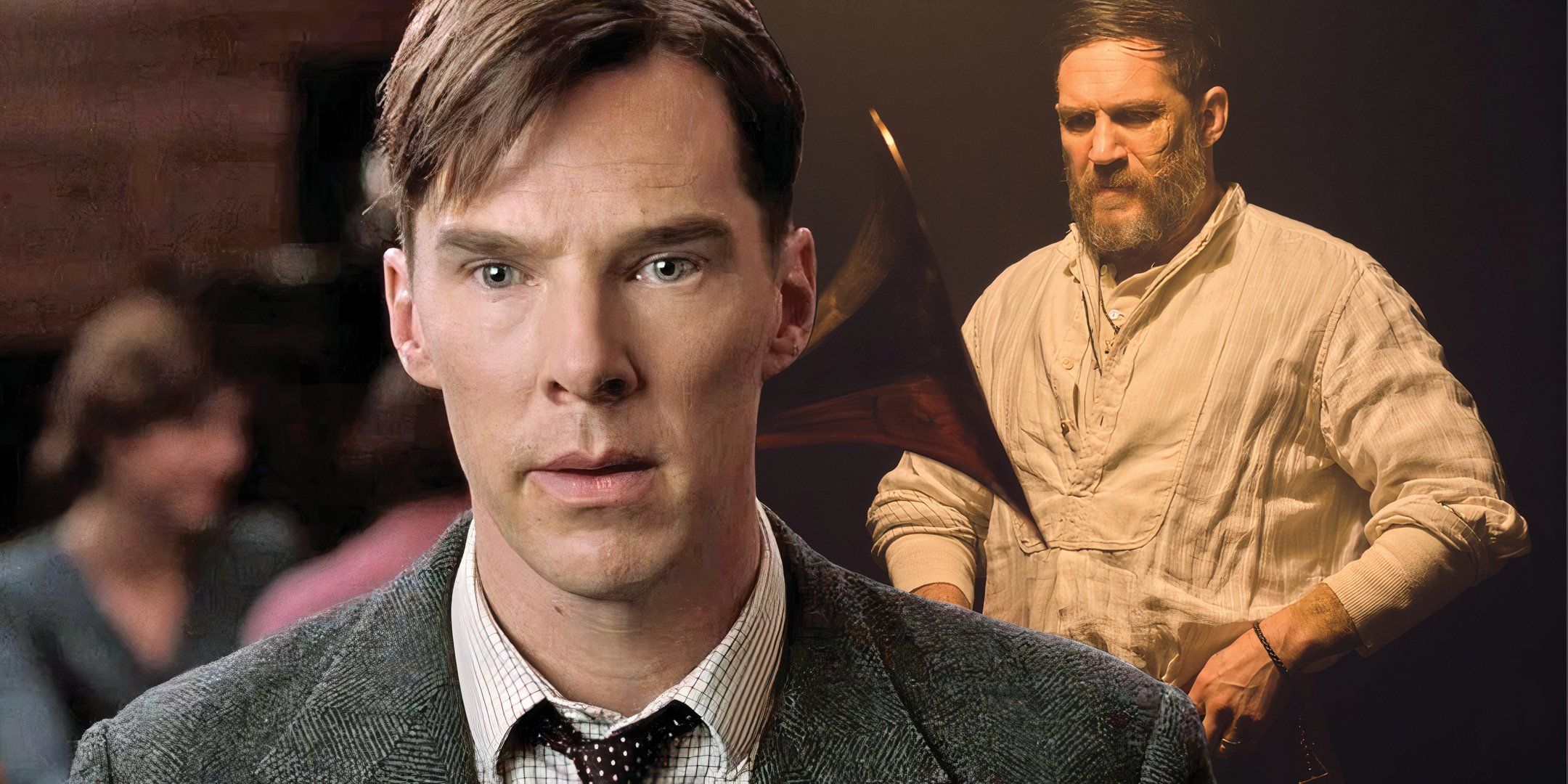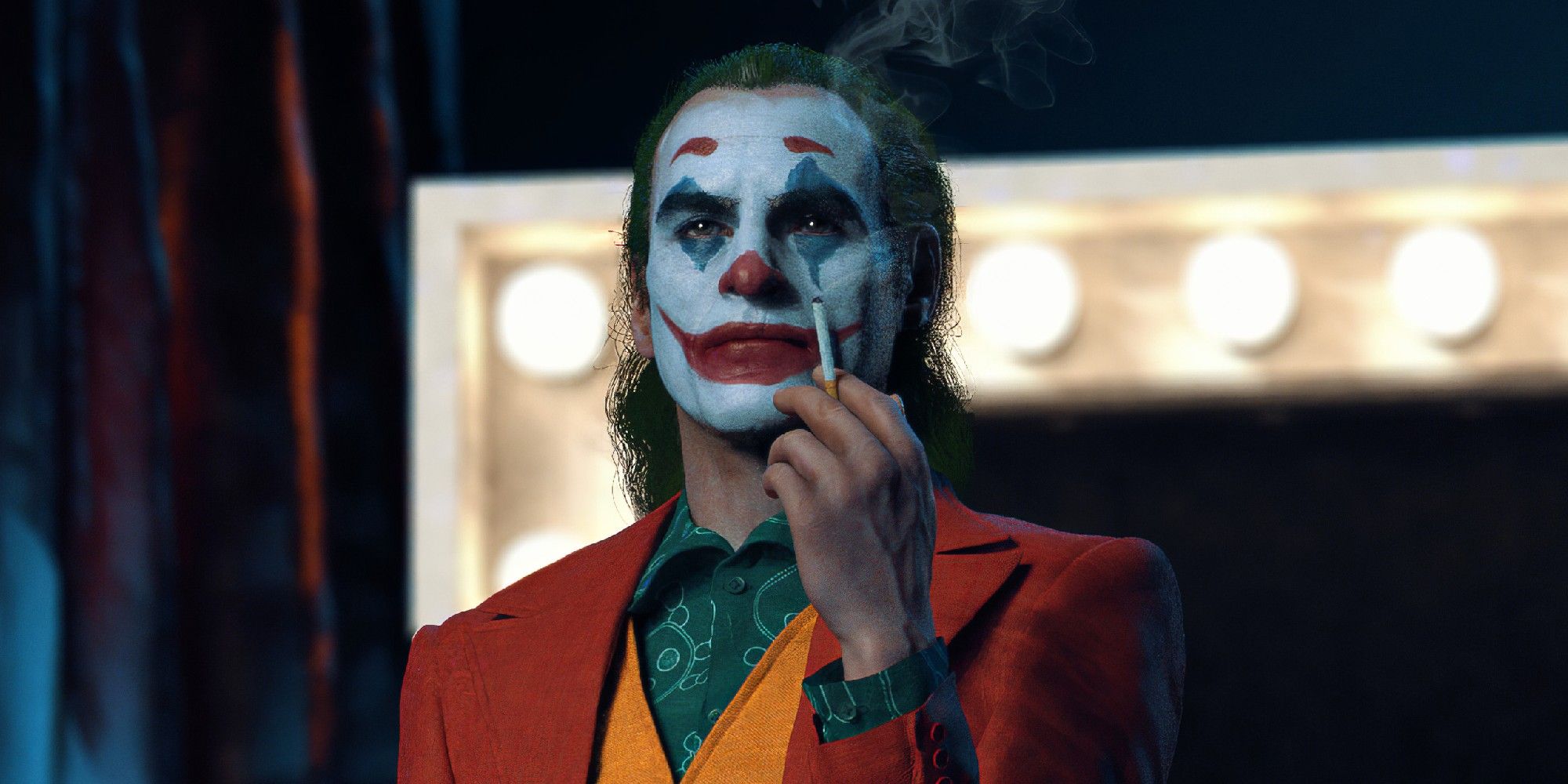For centuries, clowns have been an integral part of entertainment, enchanting audiences with their colorful costumes, dramatic makeup, and humorous antics. From ancient civilizations to today's pop culture, these iconic figures have left an indelible mark on the world of entertainment. They evoke laughter, nostalgia, and occasionally even fear, making them a fascinating and enduring aspect of human history. In this article, we will delve into the captivating world of clowns, examining their cultural significance and the profound impact they've had on society.
Clowns are far more than mere entertainers; they serve as symbols of creativity, imagination, and emotional expression. Through their performances in circuses, movies, and television shows, clowns have profoundly influenced global culture. Their unique ability to resonate with people across generations underscores their timeless appeal.
Throughout this article, we will explore the rich history of clowns, highlight some of the most iconic figures, and analyze their influence on modern entertainment. By the end, you will have a deeper understanding of why clowns continue to enchant and captivate audiences around the world.
Read also:Exploring Bev Vances Life And Legacy A Comprehensive Look
Table of Contents
- The Fascinating History of Clowns
- Meet the Most Iconic Clowns
- The Art of Clown Makeup and Costume
- Clowns in the World of Entertainment
- The Psychology Behind Clowning
- Understanding the Fear of Clowns (Coulrophobia)
- Clowns in Modern Pop Culture
- Clowning as a Legitimate Profession
- The Societal Role of Clowns
- The Bright Future of Clowns
The Fascinating History of Clowns
The origins of clowns can be traced back to ancient civilizations, where jesters and fools delighted kings and commoners alike. In Egypt, Greece, and Rome, clowns appeared in various theatrical productions. These early performers often acted as social commentators, using humor to critique societal norms and political issues.
During the Middle Ages, clowns evolved into court jesters, employed by royalty to provide entertainment and comedic relief. Their distinctive attire and slapstick comedy made them beloved figures among their audiences. The Renaissance period saw the emergence of commedia dell'arte, an Italian theatrical tradition that introduced stock clown characters like Harlequin and Pierrot, laying the groundwork for the modern clown.
The Evolution of Clowns in the Modern Era
By the 19th century, clowns had become an essential part of circus performances. The circus clown, with its vibrant costumes and exaggerated makeup, became synonymous with fun and excitement. This era saw the rise of legendary clowns such as Joseph Grimaldi and Jean-Gaspard Deburau, who played a pivotal role in shaping the modern perception of clowns.
Today, clowns continue to thrive in various forms of entertainment, from circuses and street performances to television and movies. Their adaptability to changing times ensures their continued relevance in contemporary culture.
Meet the Most Iconic Clowns
Throughout history, certain clowns have risen to prominence, becoming cultural icons in their own right. These legendary figures have left a lasting impression on audiences and inspired countless others to pursue clowning as a career.
Bozo the Clown
Bozo the Clown is one of the most recognizable clowns in American pop culture. Created in the 1950s, Bozo became a household name through his television show, which aired in various markets across the United States. Known for his bright red hair, oversized shoes, and playful demeanor, Bozo brought joy and laughter to millions of children.
Read also:Chiquis Rivera The Multifaceted Star Shaping Latin Entertainment
Ronald McDonald
Ronald McDonald, the mascot of McDonald's fast-food chain, is another iconic clown. Introduced in 1963, Ronald McDonald quickly became a global symbol of happiness and fun. His bright yellow suit and red hair made him instantly recognizable, and he remains one of the most famous clowns in the world.
The Art of Clown Makeup and Costume
Clown makeup and costumes are essential components of their identity and performance. The exaggerated features, such as oversized noses, bushy eyebrows, and colorful wigs, help clowns stand out and capture attention. Clown makeup typically features a white base, red cheeks, and black or red accents around the eyes and mouth.
Costumes are equally important, with clowns often wearing oversized clothing, mismatched socks, and bright colors. These elements contribute to the clown's larger-than-life persona and enhance their comedic appeal, making them unforgettable figures in the world of entertainment.
Clowns in the World of Entertainment
Clowns have played a significant role in various forms of entertainment, from circuses to movies. In circuses, clowns are often the center of attention, performing slapstick routines and interacting with the audience. Their ability to connect with people of all ages makes them a beloved part of the circus experience.
Clowns in Movies and TV
Clowns have also made their mark in movies and television, appearing in both comedic and dramatic roles. Films like "It" and "Killer Klowns from Outer Space" have explored the darker side of clowns, while shows like "Freaks and Geeks" and "The Simpsons" have portrayed them in a more lighthearted manner.
These portrayals have contributed to the clown's versatility in entertainment, allowing them to adapt to different genres and audiences. Whether they appear as comedic relief or sinister characters, clowns continue to captivate audiences with their unique presence.
The Psychology Behind Clowning
The psychology of clowns is a captivating subject, as they often balance humor with the potential to evoke fear. Clowns are skilled at reading their audience and adjusting their performance to suit the moment. They use humor as a tool to connect with people, break down barriers, and create a sense of camaraderie and shared joy.
However, the psychology of clowns extends beyond their performances. Many clowns use their craft as a form of self-expression and emotional release, allowing them to process their own experiences and share them with others. This dual role highlights the complexity and depth of clowning as both an art form and a profession.
Understanding the Fear of Clowns (Coulrophobia)
Despite their reputation for spreading joy, clowns can sometimes evoke fear in certain individuals. Coulrophobia, the fear of clowns, is a real and sometimes debilitating condition that affects people of all ages. This fear may stem from the exaggerated features of clown makeup, which can appear unsettling or even threatening to some.
Media portrayals of evil clowns, such as Pennywise from Stephen King's "It," have contributed to the stigma surrounding clowns. However, it's crucial to recognize that the vast majority of clowns are kind and compassionate individuals who strive to bring happiness and laughter to others.
Clowns in Modern Pop Culture
Clowns have had a significant impact on pop culture, appearing in a wide range of media. From classic cartoons like "The Simpsons" to modern horror films like "It," clowns continue to captivate audiences with their unique blend of humor and mystery.
Some notable examples of clowns in pop culture include:
- Pennywise from "It"
- Krusty the Clown from "The Simpsons"
- Chee-Chee from "The Great Race"
- Captain Spaulding from "House of 1000 Corpses"
These characters have helped shape the public perception of clowns, highlighting both their comedic and sinister potential. Their presence in popular media ensures that clowns remain a relevant and intriguing part of modern culture.
Clowning as a Legitimate Profession
Clowning is a respected and legitimate profession that demands skill, dedication, and creativity. Professional clowns undergo extensive training to master their craft, learning everything from makeup application to physical comedy. Many clowns also study theater, dance, and music to enhance their performances and broaden their artistic horizons.
In addition to performing in circuses and theaters, clowns can work in hospitals, schools, and community centers, bringing joy to people in need. Therapeutic clowning, in particular, has gained popularity in recent years, as studies have shown that laughter can have a positive impact on physical and mental health. This growing recognition underscores the importance of clowning as a valuable and meaningful profession.
The Societal Role of Clowns
Clowns play a vital role in society, serving as ambassadors of joy and goodwill. They have the power to bring people together, transcend cultural barriers, and create lasting memories. In times of crisis, clowns can provide comfort and support, helping people cope with difficult situations.
The role of clowns in society has evolved over time. While they were once seen primarily as entertainers, clowns are now recognized for their contributions to education, therapy, and community building. This shift reflects a growing appreciation for the multifaceted nature of clowning and its potential to impact lives in meaningful ways.
The Bright Future of Clowns
The future of clowns looks promising, as they continue to adapt to changing times and embrace new forms of entertainment. With the rise of digital media, clowns have more opportunities than ever to reach global audiences and share their unique talents.
As society becomes increasingly aware of the therapeutic benefits of clowning, we can expect to see more clowns working in healthcare and educational settings. This trend highlights the growing recognition of clowning as a valuable and meaningful profession, with the potential to positively impact lives in countless ways.
Conclusion
Iconic clowns have played a vital role in shaping the world of entertainment and beyond. From their ancient origins to their modern-day presence in pop culture, clowns continue to captivate audiences with their humor, creativity, and emotional depth. By exploring the history, psychology, and cultural significance of clowns, we gain a deeper appreciation for their enduring legacy.
We invite you to leave a comment below and share your thoughts on iconic clowns. Have you ever encountered a clown that left a lasting impression on you? Let us know! And don't forget to explore our other articles for more fascinating insights into the world of entertainment.
References:
- Beck, H. (2018). Clown Psychology: The Art of Making People Laugh. Psychology Today.
- King, S. (1986). It. Viking Press.
- McDonald's Corporation. (2023). Ronald McDonald: The Happy Face of McDonald's.
- World Clown Association. (2023). History of Clowning.


